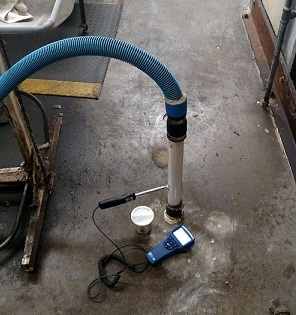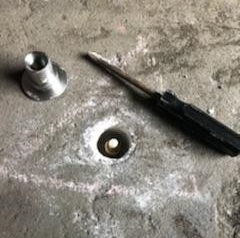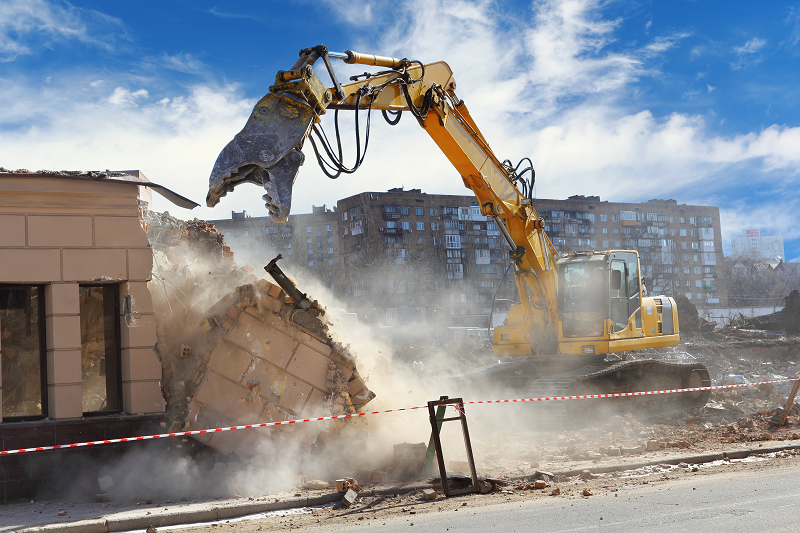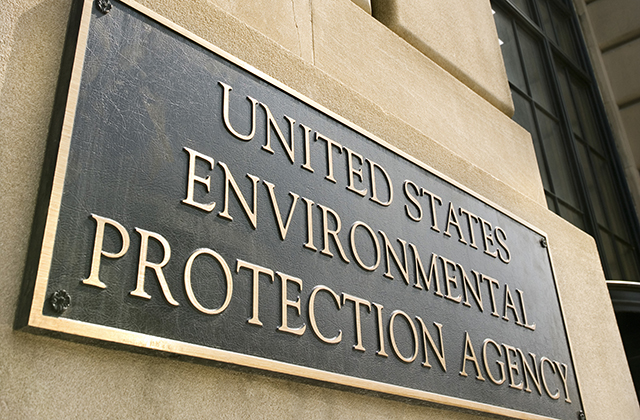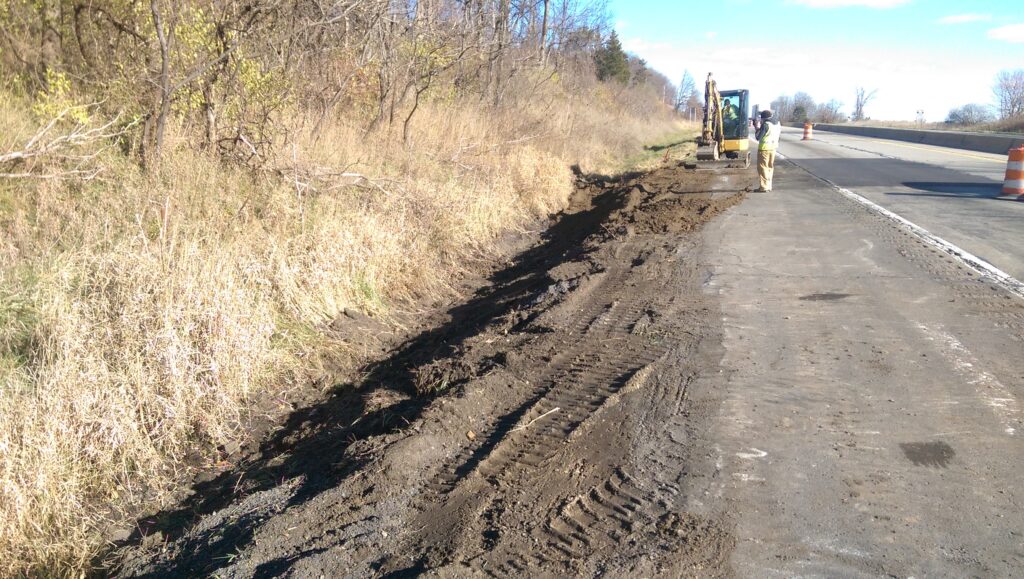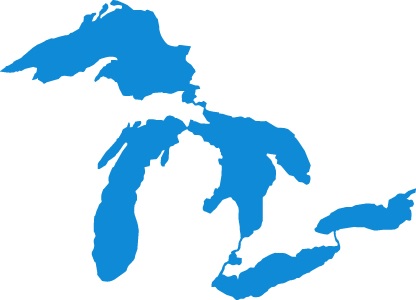nc
How is a Sub-Slab Depressurization System Installed? {Infographic}
As regulations increase across the country regarding evaluating vapor intrusion pathways, so too is the need for proper mitigation systems. The first step towards properly mitigating vapor intrusion involves sub-slab soil gas sampling to identify the levels assess the potential risk. If Vapor Intrusion is identified, and found to be above the screening levels, a mitigation system…
How is Sub-Slab Soil Gas Sampling Done? {Infographic}
Vapor Intrusion occurs when vapors from volatile chemicals in contaminated soil or ground water migrate through subsurface soils and/or preferential pathways (such as underground utilities) and impact the indoor air quality of any overlying buildings.* Recent advancements in toxicological science and inclusion in the ASTM E1527-13 guiding Phase I Environmental Site Assessments have placed priority…
“Treatment Trains” Combine Remediation Technologies for More Effective Environmental Cleanup
The silver bullet, the one stop shop, the fix-all cure-all. We have all heard the promises for each new remediation technology. However, after a few years, the paint dulls, and we realize, again, that the newest technology has limitations and does not work for all contaminants in all media, in all geology. The good…
Don’t Let These Three Mistakes Impede Your Facility Consolidation and Expansion Projects
Many hospitals have undertaken significant expansion and renovation projects as they prepare for an uptick in patient volumes in the coming years. In 2016, the top five expansion and renovation projects totaled costs over $6 billion.* No matter the project value, the three mistakes below could end up costing time, money or stopping your project…
Surprises Down Below: Discovering Uncontrolled Fill Can Cause Problems for Developers
Materials from demolished structures are frequently left in the basement to be built over, potentially causing problems for developers Detroit is running the largest blight removal program of its kind in the nation, demolishing 11,052 structures since 2014. The program offers an online tracker system for transparency, and has been recognized by the US EPA…
How long is my Phase I ESA, Transaction Screen or BEA good for?
In an ideal world, environmental due diligence reports would be like honey or soy sauce and last for many years. Since shelf-life varies on reports, you need to be aware of the limitations and risks of using old or outdated information for current real estate transactions. Below, we outline the validity of many common reports…
Quick take: How will the proposed changes to the EPA and rollback of regulations by the Trump administration affect Environmental Due Diligence?
Three of PM Expert’s give a quick take on whether the proposed changes to the EPA and rollback of regulations by the Trump administration will affect Environmental Due Diligence. John W. Hargraves, P.G., Regional Manager – Brownfield Group / Senior Geologist: “I don’t think the proposed changes to the EPA structure and emphasis will change…
Michigan LUST Owner/Operator’s (O/O) can expect faster release closures with Senate Bill 717
Senate Bill 717 was recently approved by the governor on December 21, 2016 and will become effective March 29, 2017. This bill amended five sections and added one section to the Part 213 of the Natural Resources and Environmental Protection Act, 1994 PA 451. Since the state regulators approach changed years ago to allow environmental…
Experts Corner: Three Trends Shaping Commercial Real Estate in 2017
Every year around January and February, the focus of the conversation at regional and national conferences includes the state of the economy and forecasts for the future. As we enter 2017 with a new US President, changes in the House and Senate political landscape, and international policy shifts, the general consensus is that the US…
Experts Corner: Michigan Brownfield Incentives Keep Getting Better
A recently signed group of Senate bills promises developers in Michigan more latitude in obtaining Brownfield funding. Key provisions of SB 908-913 expand the types of activities that can be covered, loosen requirements on applying for funding and shorten the processing time on Brownfield Plan requests under $1 million. UST Inclusion Before SB 908-913, Brownfield…

